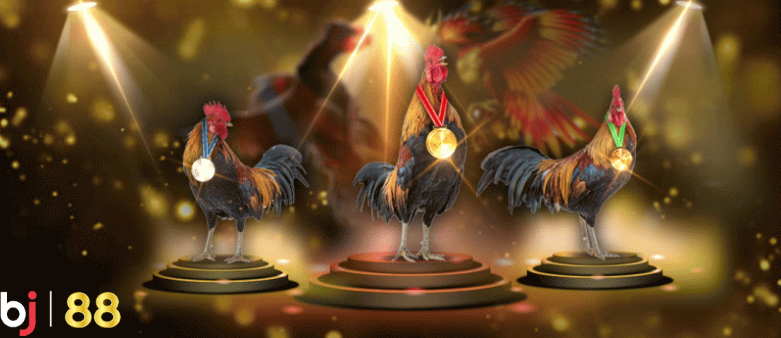
Cockfighting, a sport steeped in history and culture, has long captivated the imagination of enthusiasts worldwide. However, misconceptions and misinformation often surround this ancient practice. One prevalent myth revolves around the belief that roosters fight to the death in every match. In this blog post, we aim to dispel this and other common misconceptions, shedding light on the reality of rooster fights and offering accurate insights to correct these fallacies.
Misconception 1: Roosters Fight to the Death
Contrary to popular belief, roosters do not fight to the death in every cockfighting match. While the sport involves intense combat, the primary goal is not to inflict lethal harm. Handlers and breeders invest significant time, effort, and resources into training and preparing their roosters for the cockpit. These birds are valuable assets, and the objective is to demonstrate prowess and dominance rather than to cause fatal injuries.
Misconception 2: Cruelty and Inhumane Treatment
Another misconception is that cockfighting promotes cruelty and inhumane treatment of roosters. Responsible cockfighting practices prioritize the well-being of the birds. Handlers and breeders provide proper care, nutrition, and medical attention to ensure the health and vitality of their roosters. Match conditions are controlled, and strict regulations are in place to prevent unnecessary harm. In many cases, roosters receive better care and attention than their non-fighting counterparts.
Misconception 3: Roosters are Forced to Fight
Roosters that participate in cockfighting matches are not forced into combat against their will. These birds are selectively bred for their genetic traits and are conditioned for the sport from a young age. They undergo rigorous training that includes exercise, socialization, and sparring sessions. The handler-rooster bond is built on trust and communication, allowing the rooster to respond to cues and signals during matches.
Misconception 4: All Roosters are Aggressive by Nature
While roosters can display territorial behavior and aggression, not all possess inherently aggressive traits. Breeding practices play a significant role in shaping a rooster’s behavior. Handlers and breeders carefully select and breed roosters with desirable traits, which can include assertiveness and competitiveness. However, this does not mean that all roosters are aggressive outside the cockpit.
Correcting Misconceptions: The Truth About Rooster Fights
- Cultural Significance: Cockfighting has cultural significance in various regions, often reflecting traditions, history, and social bonds. Understanding the context behind the sport provides a more nuanced perspective.
- Sportmanship and Skill: Cockfighting is not just about combat; it’s a display of training, strategy, and skill. Handlers and breeders invest substantial effort to showcase their roosters’ abilities.
- Regulation and Oversight: Many jurisdictions where cockfighting is practiced have regulations in place to ensure humane treatment, fair competition, and the prevention of cruelty. These regulations aim to strike a balance between tradition and animal welfare.
Conclusion: As with any practice rooted in tradition, cockfighting is often shrouded in misconceptions that may not reflect its true nature. By debunking these myths and understanding the reality of rooster fights, we can engage in informed conversations about the sport, its cultural significance, and the efforts taken by responsible practitioners to ensure the well-being of the roosters involved. It is through accurate knowledge and open dialogue that we can appreciate and respect the rich heritage of cockfighting while upholding the values of ethics and compassion.
